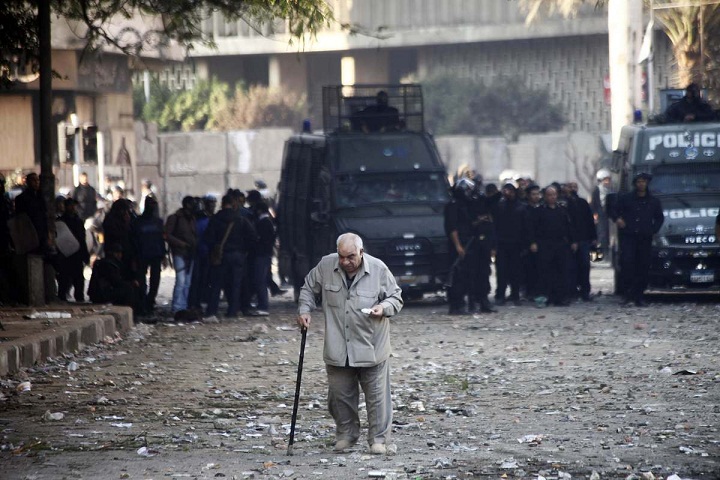CAIRO: Former US Ambassador to Egypt Francis J. Ricciardone’s appointment as ambassador to Turkey has been vetoed by a Republican senator who accused him of being soft on democratic reform in the Middle East.
Kansas Senator Sam Brownback vetoed the appointment, delaying it till September at least after the Senate summer recess. He cited Ricciardone’s tenure in Egypt (2005-2008), as well as earlier in Iraq during the 1990s, as a cause for concern regarding his commitments to democracy and human rights.
In a letter addressed to Secretary of State Hillary Clinton, Brownback purportedly said, “I believe democracy and human rights should be considered on par with other aspects of our bilateral relationships, but I am not convinced Ambassador Ricciardone shares this view.”
Speaking of his time in Egypt, Brownback wrote that while former US President George Bush had “prioritized building up democratic opposition” in Egypt, “Ricciardone, however, [had] downplayed these efforts and, by some accounts, quickly adopted the positions and arguments of his Egyptian diplomatic counterparts. In fact, he once said on Egyptian television that “in Egypt as in the US, there is freedom of speech.”
This, Brownback said, meant that Ricciardone would not pursue such matters in Turkey with the required urgency. “My concerns about Ricciardone’s work on Iraq and Egypt lead me to similar concerns about his approach to a number of issues in our relationship with Turkey,” he said in the letter.
Yet there had been a clear shift in policy vis-à-vis Egypt between the first and second terms of the Bush administration as Egypt’s role became imperative as a strategic geo-political US ally regarding the Iraq war, the rise of Iran and Arab-Israeli relations.
Comments coming from the US administration regarding Egypt were considerably toned down in the latter years of the Bush administration, which was the time of Ricciardone’s tenure as ambassador in Cairo.
Ricciardone’s predecessor David Welch (2001-2005) indicated as much in statements made in 2006 while assistant secretary of state for near eastern affairs in which he said, "The relationship has been marked by Egypt’s leadership on many issues, most notably, on the issue of relations between Israel and the Arabs, including Palestinians."
Welch had also praised the economic liberalization steps taken under the government of the then recently appointed Prime Minister Ahmed Nazif.
Ricciardone had been nominated for the Turkey post by US President Barack Obama to replace James Jeffrey who has been appointed to Iraq, and had been green lighted by the Foreign Relations Committee (of which Brownback is a former member). However any senator may veto an ambassadorial appointment.
“Next year’s pivotal elections provide an opportunity for the secularists to demonstrate their strength, and we cannot let our desire for a strong bilateral relationship translate into de facto support of the ruling party, especially if we have reason to believe that opposition parties are in danger of being marginalized,” the Republican senator added.
Brownback also said that the US had not fully explored the possibility of “Turkish tilt toward Iran and away from Israel.” He is expected to receive a reply from Clinton to alleviate his concerns, after which he may remove his block in mid-September.
Egyptian Human Rights advocates were often critical of Ricciardone during his time as ambassador to Egypt, claiming that he was often supportive of the Egyptian regime at least with his public comments.
Director of the Egyptian Initiative for Personal Rights Hossam Bahgat told Daily News Egypt when Ricciardone was leaving that he "consistently heaps praise on the Egyptian government to the extent that he sounds more like an Egyptian government official than an American one. This has damaged US credibility [in Egypt].”
